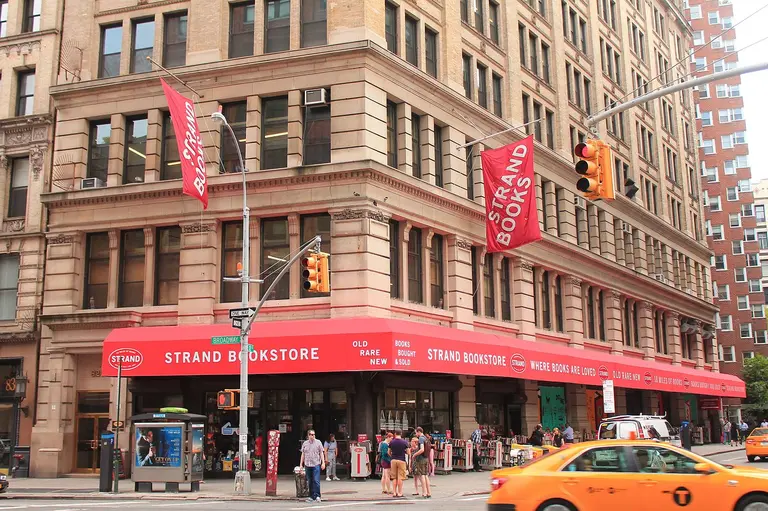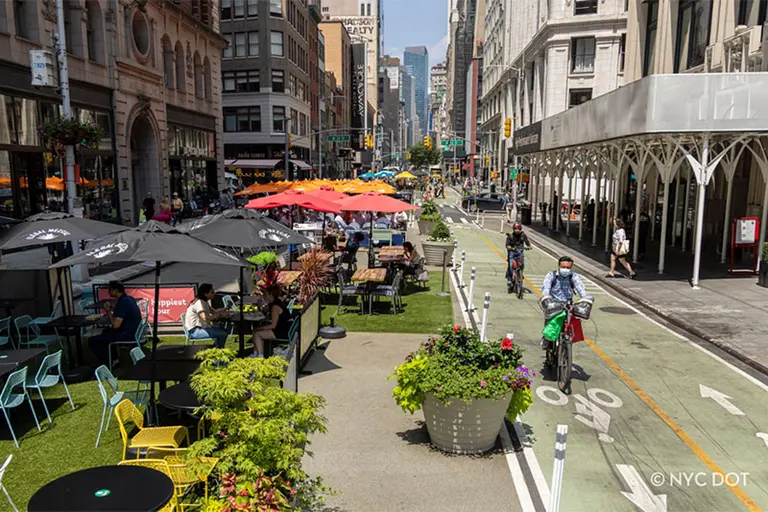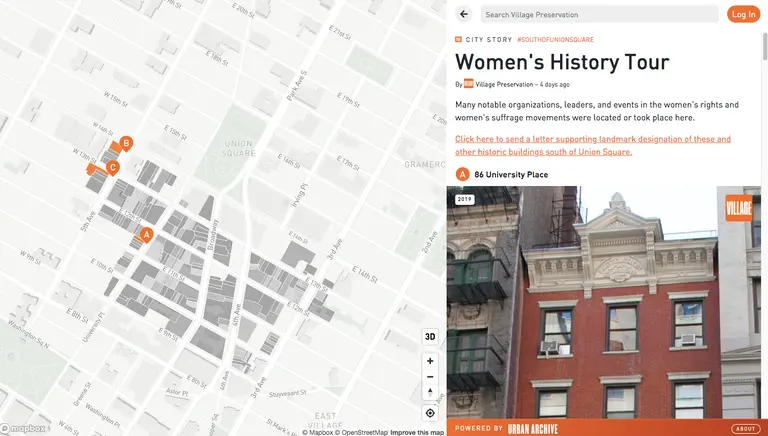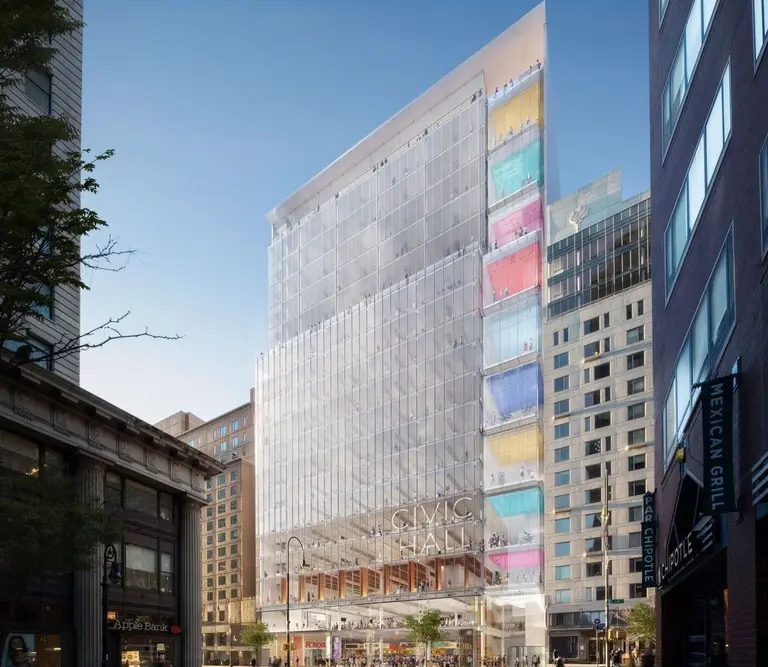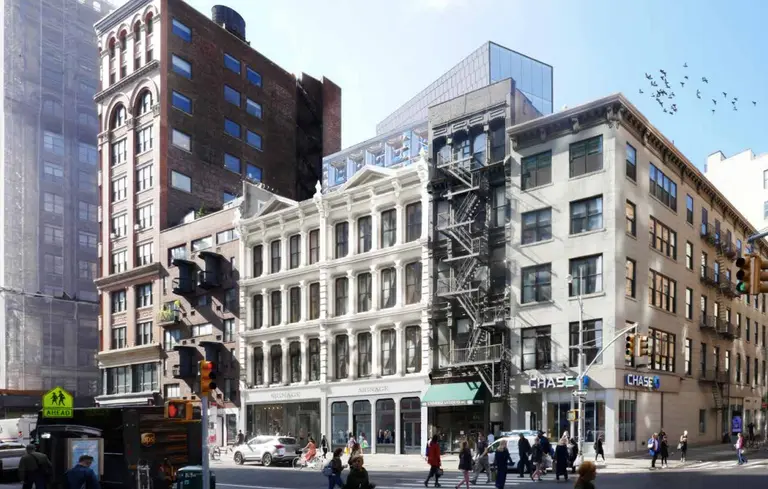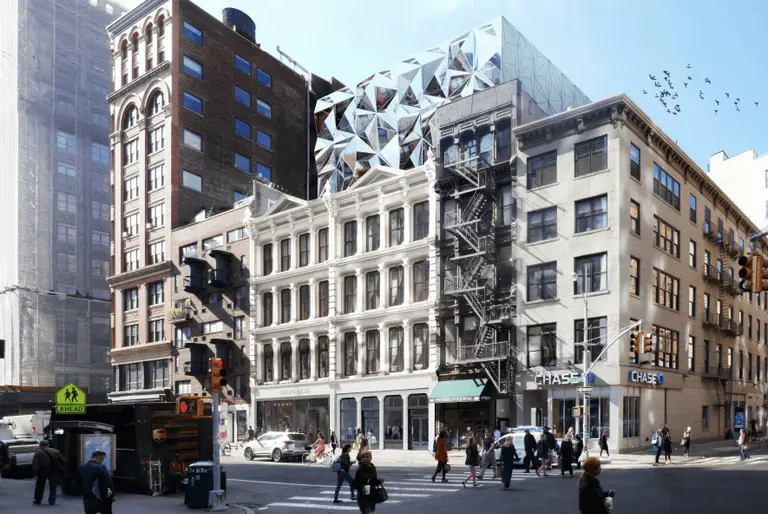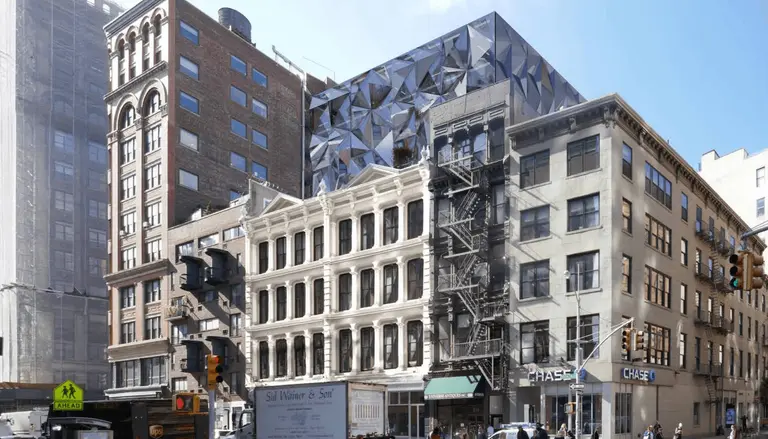The Strand bookstore gets landmarked, despite opposition from owner and community
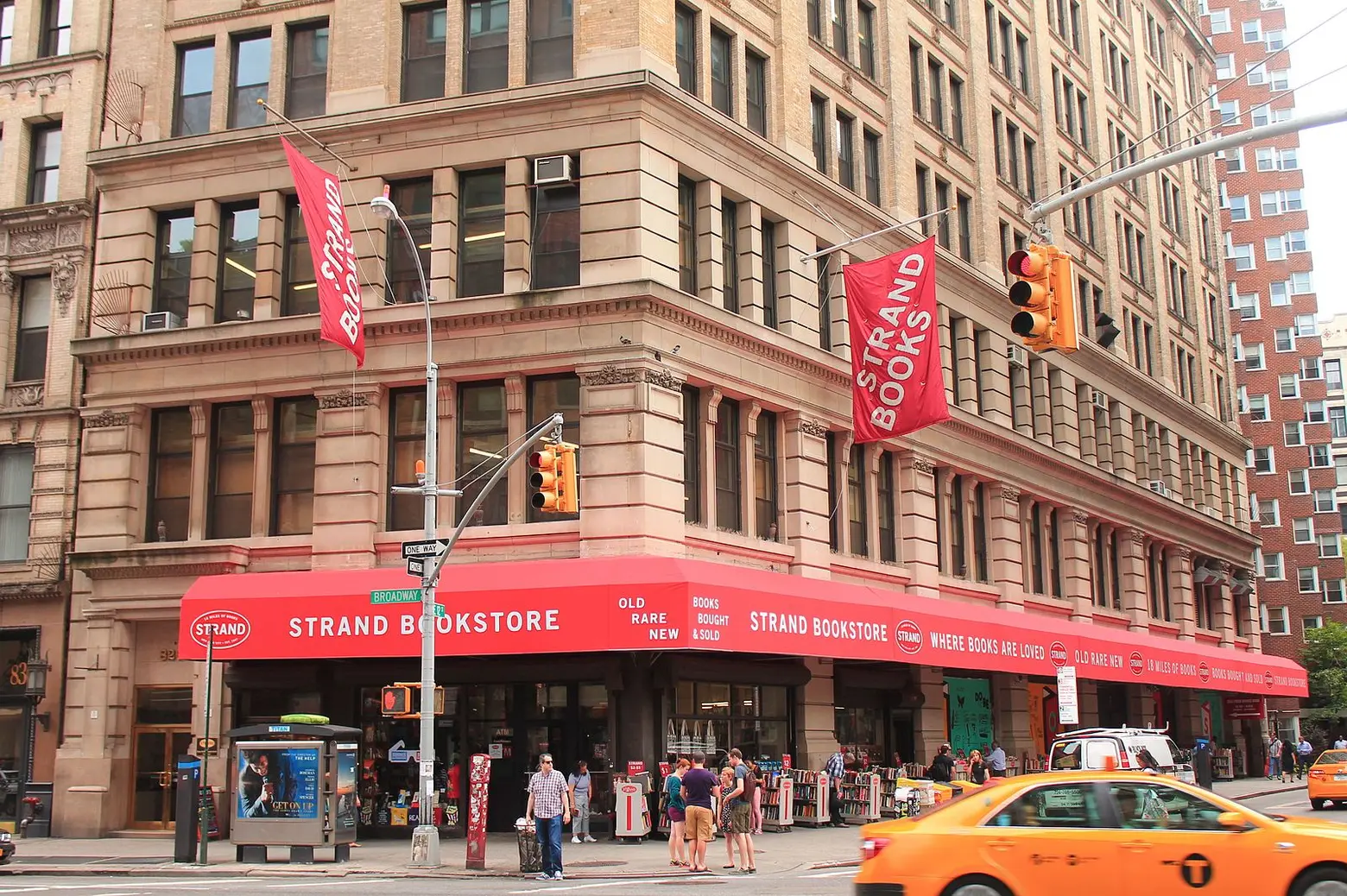
Via Wikimedia
The Landmarks Preservation Commission voted on Tuesday to designate The Strand bookstore as an individual landmark, despite opposition from the store’s owner and local community members. Nancy Bass Wyden, who owns the Strand building, did not support designation because she worried that restrictions placed on landmarked buildings would prevent timely construction or renovation of the store in the future. While more than 11,000 people signed a petition opposing the designation, according to Wyden’s attorney, the commission voted unanimously in favor of landmarking. “Although this is not the outcome we hoped for, we’ll continue to serve our customers as we have done robustly for 92 years,” the Strand wrote in a tweet Tuesday.
Wyden, along with the thousands of petitioners, said a landmark designation limits the ability to upgrade the building in the future in a timely and flexible manner. But commissioners on Tuesday, including LPC Chair Sarah Carroll, said they will continue to work with Wyden and be flexible when it comes to regulations “to meet The Strand’s needs,” Carroll said.
Strand founder Benjamin Bass opened the bookstore in 1927 on Fourth Avenue, which was then known as “Book Row” and home to roughly 50 bookstores. Bass later moved to an 11-story William Birkmire-designed building at 826 Broadway in 1956, the building’s longest tenant. According to the commission, the building’s steel skeleton frame reflects the character and advances in skyscraper architecture during that time.
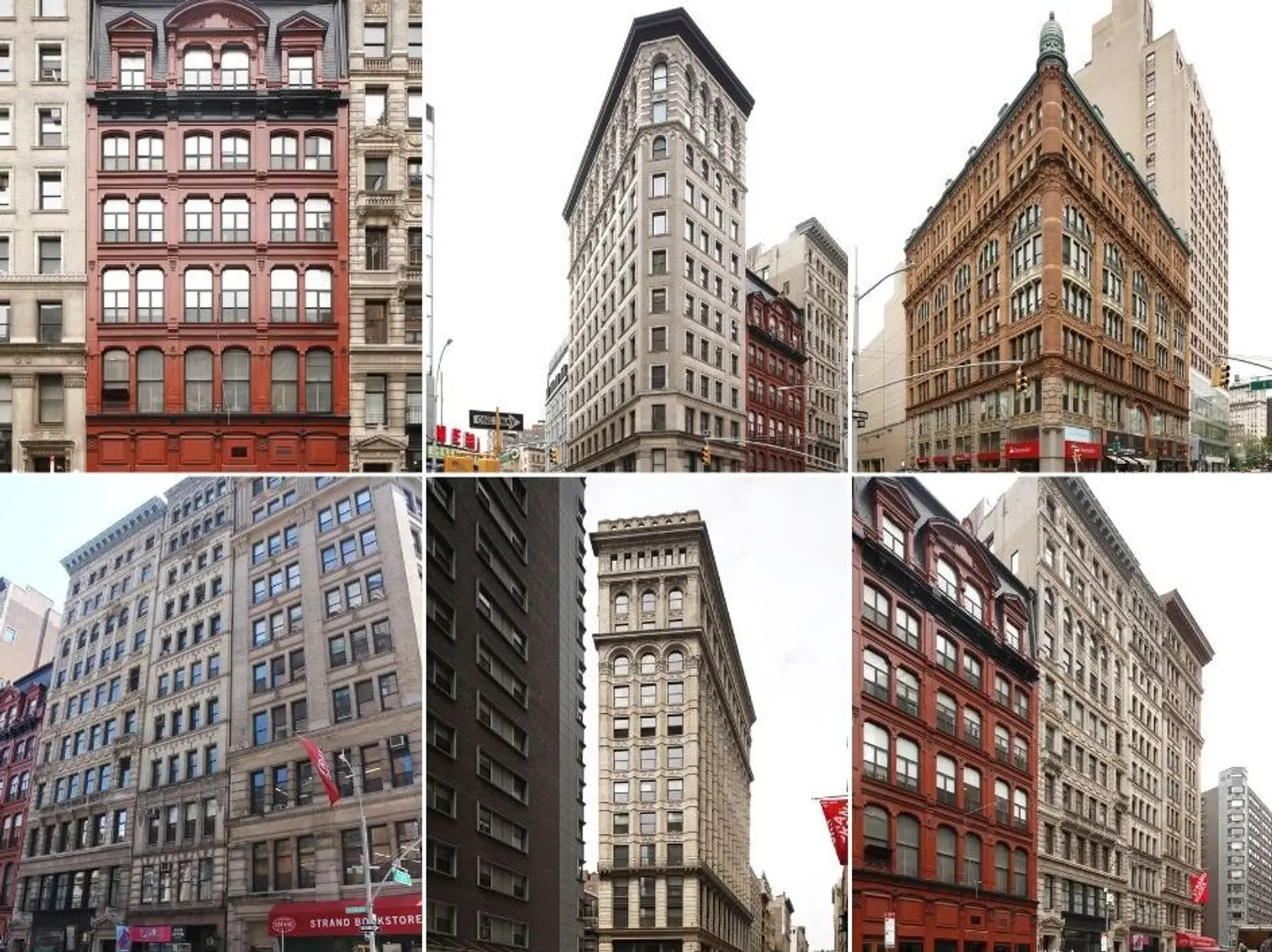
Photos courtesy of the LPC; From right, clockwise: 836 Broadway, 840 Broadway, 841 Broadway, 830 Broadway, 817 Broadway, and 832 Broadway
The LPC designated on Tuesday six other historic buildings south of Union Square between 12th and 14th Streets, calling them “architecturally distinctive and highly intact representations” of the commercial development on this section of Broadway. The buildings at 817, 826, 830, 832, 836, 840, and 841 Broadway feature a combination of Romanesque and Renaissance Revival styles, all built during the turn of the 19th century.
“Each of these seven buildings has strong architectural and historical significance and together they reflect the history and importance of Broadway’s development south of Union Square,” Carroll said in a statement. “They tell the history of the area, from its industrial past with the garment industry and labor rights movement to its cultural significance with the film industry and the internationally beloved Strand Bookstore.”
The structures sit next to a planned 21-story tech training center at 124 East 14th Street, which was approved by the city last summer. Developed by RAL, the controversial hub is part of Mayor Bill de Blasio’s Union Square upzoning, aimed at adding tech jobs to the area.
Preservationists and local organizations have pushed back against the tech hub, fearing it will lead to more large-scale development in the surrounding area as the upzoning was approved without landmark protections.
Despite the seven new landmarks, Andrew Berman, the executive director of Village Preservation, said the designations do not go far enough. Berman’s organization and other groups had pushed the LPC to landmark 193 historic buildings in the area, including the 165-year-old former St. Denis Hotel, which has already been partially demolished to make way for a 12-story office building.
“While the Mayor and Councilmember Rivera cherry-picked seven buildings to landmark which are in no danger of going anywhere, they refused to consider dozens of other buildings of equal or greater historic significance all around them, which are endangered or have been demolished since this unseemly deal was cut,” Berman said in a statement.
RELATED:
